October 30, 2018
The workplace world responds to the UK Autumn Budget
 Yesterday, the Chancellor Philip Hammond announced the details of the UK government’s latest budget. While Brexit and austerity inevitably cast their shadows over the whole thing, there were a number of announcements relevant to the workplace, construction, tech and built environment sectors, some of which have been broadly welcomed by commentators, industry bodies and experts. Some are decidedly less popular. Among the announcements in the budget were new plans for infrastructure and property, skills and training, tax regimes for the self-employed, productivity, business rates and mental health.
Yesterday, the Chancellor Philip Hammond announced the details of the UK government’s latest budget. While Brexit and austerity inevitably cast their shadows over the whole thing, there were a number of announcements relevant to the workplace, construction, tech and built environment sectors, some of which have been broadly welcomed by commentators, industry bodies and experts. Some are decidedly less popular. Among the announcements in the budget were new plans for infrastructure and property, skills and training, tax regimes for the self-employed, productivity, business rates and mental health.







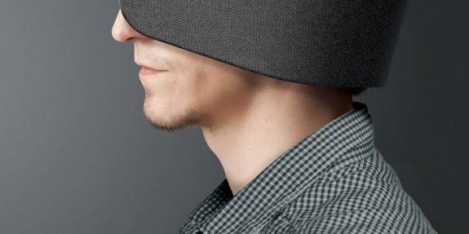
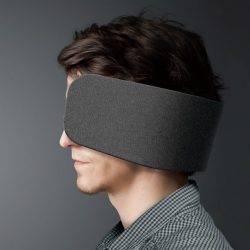

 Work/life balance, and the ability to take more annual leave, is the top priority for most European workers and 52 percent explicitly see this as an incentive for choosing certain benefits claims research from SD Worx. Employees in France (63 percent) prioritise this the most across the Europe, next is the UK, whilst workers in Austria (36 percent) and the Netherlands (32 percent) are least likely to opt for additional annual leave. Flexible working also plays a significant role in the benefits employees would choose, with home working allowances being a key factor for 21 percent of respondents and 21 percent wanting a laptop or smartphone included in their benefits package.
Work/life balance, and the ability to take more annual leave, is the top priority for most European workers and 52 percent explicitly see this as an incentive for choosing certain benefits claims research from SD Worx. Employees in France (63 percent) prioritise this the most across the Europe, next is the UK, whilst workers in Austria (36 percent) and the Netherlands (32 percent) are least likely to opt for additional annual leave. Flexible working also plays a significant role in the benefits employees would choose, with home working allowances being a key factor for 21 percent of respondents and 21 percent wanting a laptop or smartphone included in their benefits package. 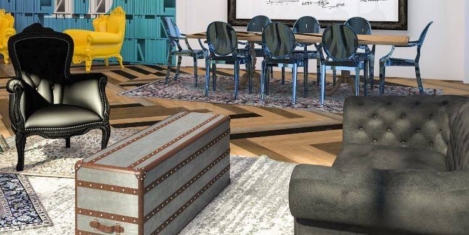





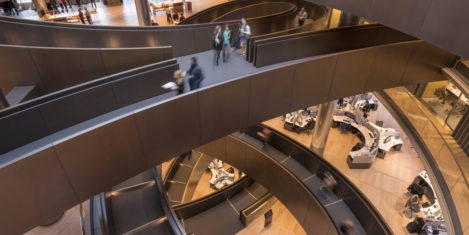

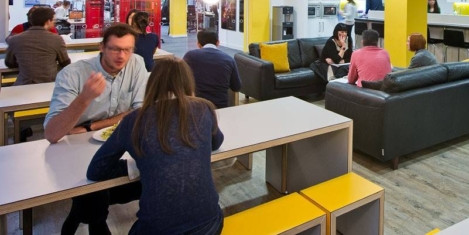
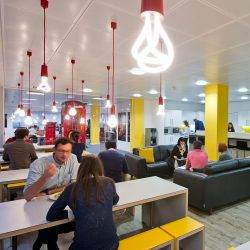












September 28, 2018
The horrors and harmonies of workplace hierarchy
by Monica Parker • Comment, Technology, Workplace design
More →